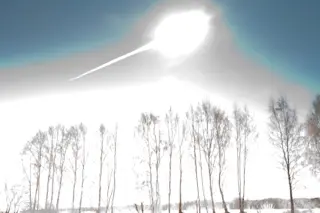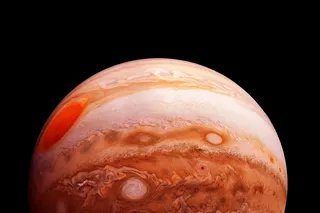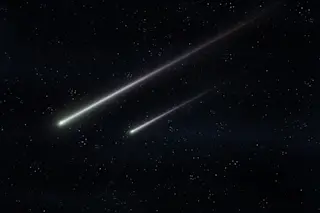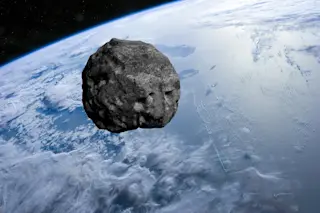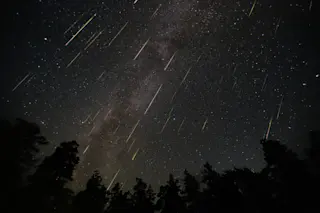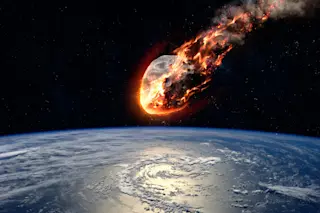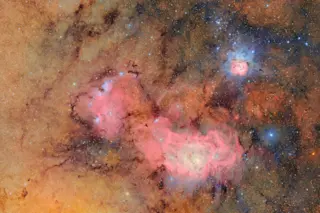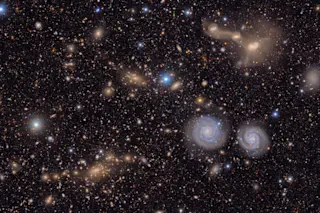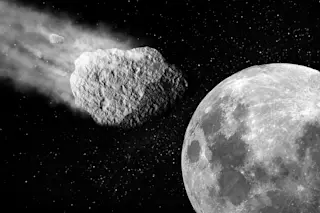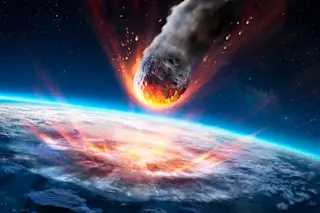On February 15, 2013, a near-Earth asteroid with a diameter of 66 feet (20 meters) entered Earth’s atmosphere traveling at around 40,000 miles per hour (60,0000 km/h).
Within a few seconds, the cosmic projectile detonated 12 miles above the Chelyabinsk region of Russia, releasing as much energy as about 30 Hiroshima atomic bombs. This created a gigantic fireball — known as a superbolide — that caused shock waves to propagate outward for dozens of miles, damaging several thousand buildings and injuring 1,500 people.
Though the progenitor of the explosion had an initial mass of over 10,000 metric tons, only about 0.1 percent of that mass is believed to have reached the ground, indicating that something in the upper atmosphere not only caused the rock to explode, but also caused it to disintegrate much more than expected.
Monday, a team of researchers published a study in Meteoritics & Planetary Science that ...


